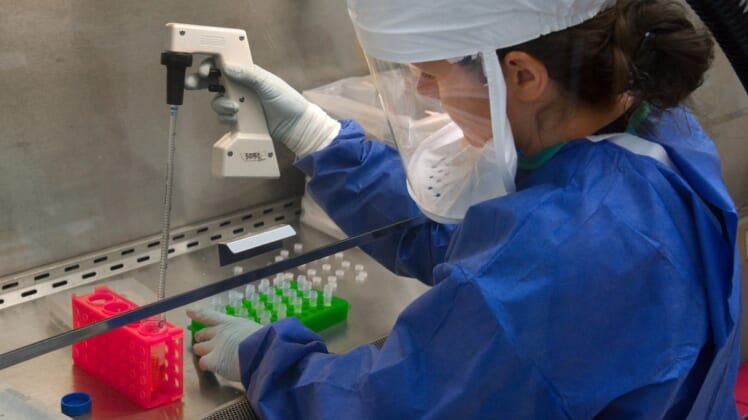
The results were “a big surprise…we expected more variation,” said Peer Pork, bioinformatics expert at the European Molecular Biology Laboratory in Germany.
In the study, researchers extracted DNA from the stool samples of 22 European individuals, and then attempted to determine the composition of it. They used computers to sort the gene fragments of the bacteria and match them to the DNA of known organisms. Then, they compared their results to published studies from Japanese and American subjects.
The researchers hope their findings may have implications for medicine in the future. Hopefully, the discovery of the three ‘enterotypes’ can provide insight into certain diseases or characteristics.
Bacteria are a vital part of the human digestive system. They help the body process food and acquire nutrients and vitamins. Certain studies indicate there may be links between gut microbes and diseases such as as obesity, cancer and peptic ulcers.
Knowing a person’s enterotype may be useful for treating illness or prescribing more effective medications in the future, Bork said.
The results were published in the journal Nature.
